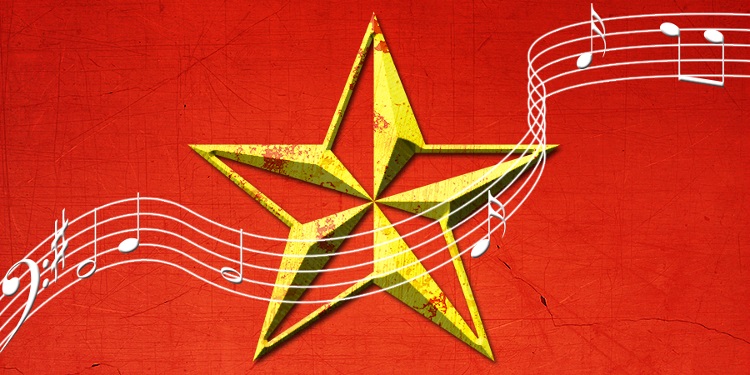The snowball has begun. In the past, the escalation might be seen as linear. This week, that changed. Though the curve is slight, it’s clearly curving.
Beijing and Hong Kong are mutually paranoid; Beijing is paranoid of the West and Hong Kong is paranoid of Beijing. One Hong Kong newspaper, House News 主場新聞, started in 2012, shut down Sunday with a message from the owner about his family fearing their safety. A “soft-spoken” anti-Occupy speaker is highlighted in the HK press as HK busses run ads against the pro-democracy movement. Britain considers making a visit to their former colony.
China’s military sea exercise, commencing this week, is higher profile than what has been seen in the past, as expected. It even disrupted commercial passenger flights. What is Beijing planning?
Opinion writers now warn Taiwan to learn from Israel, that Taiwan needs high-tech defense, just as Israel has, to deter Beijing from even trying anything. · · · →

